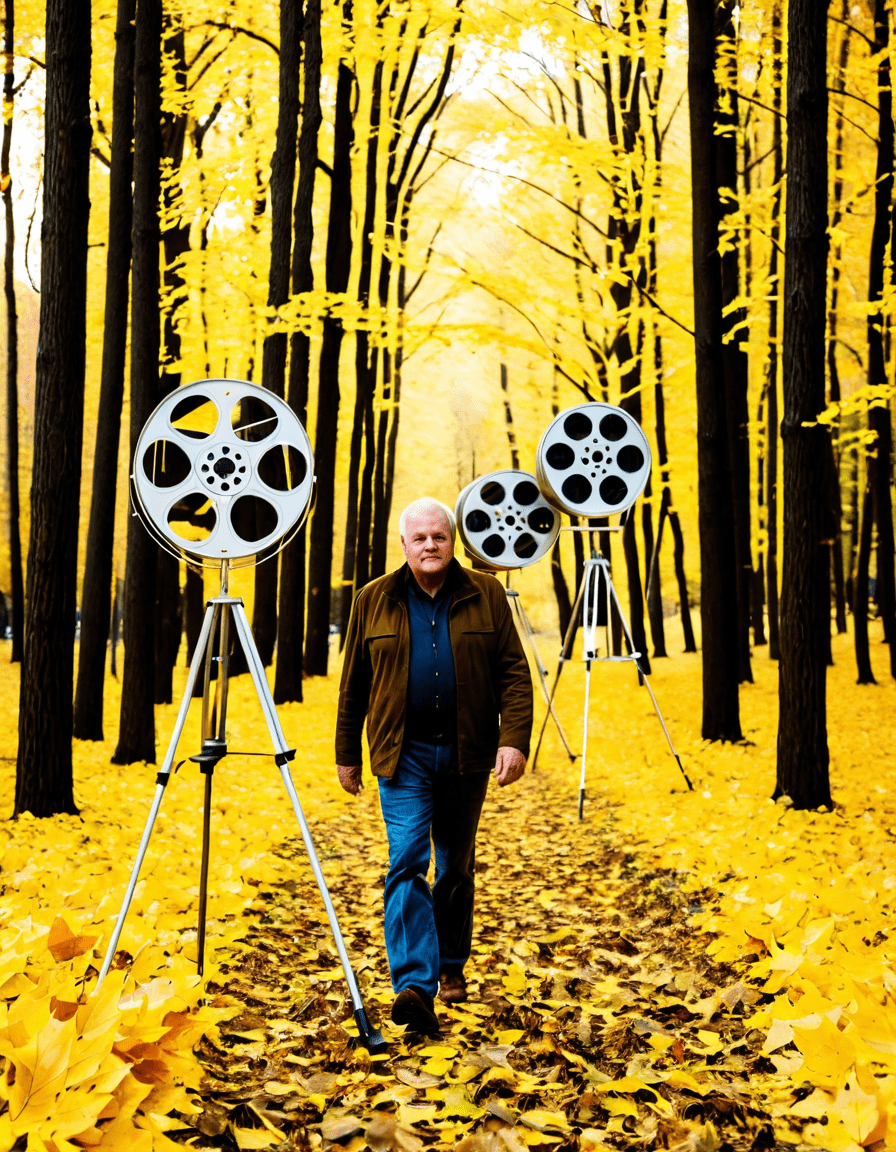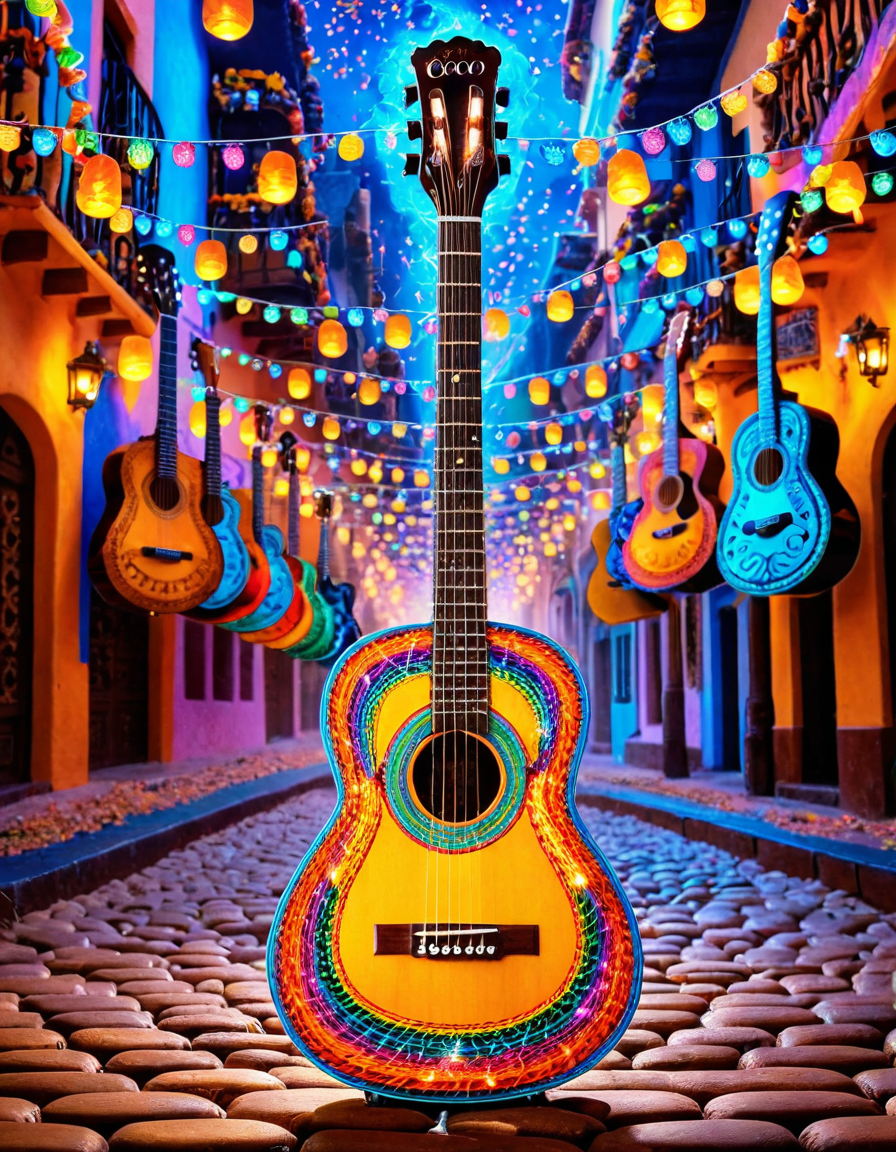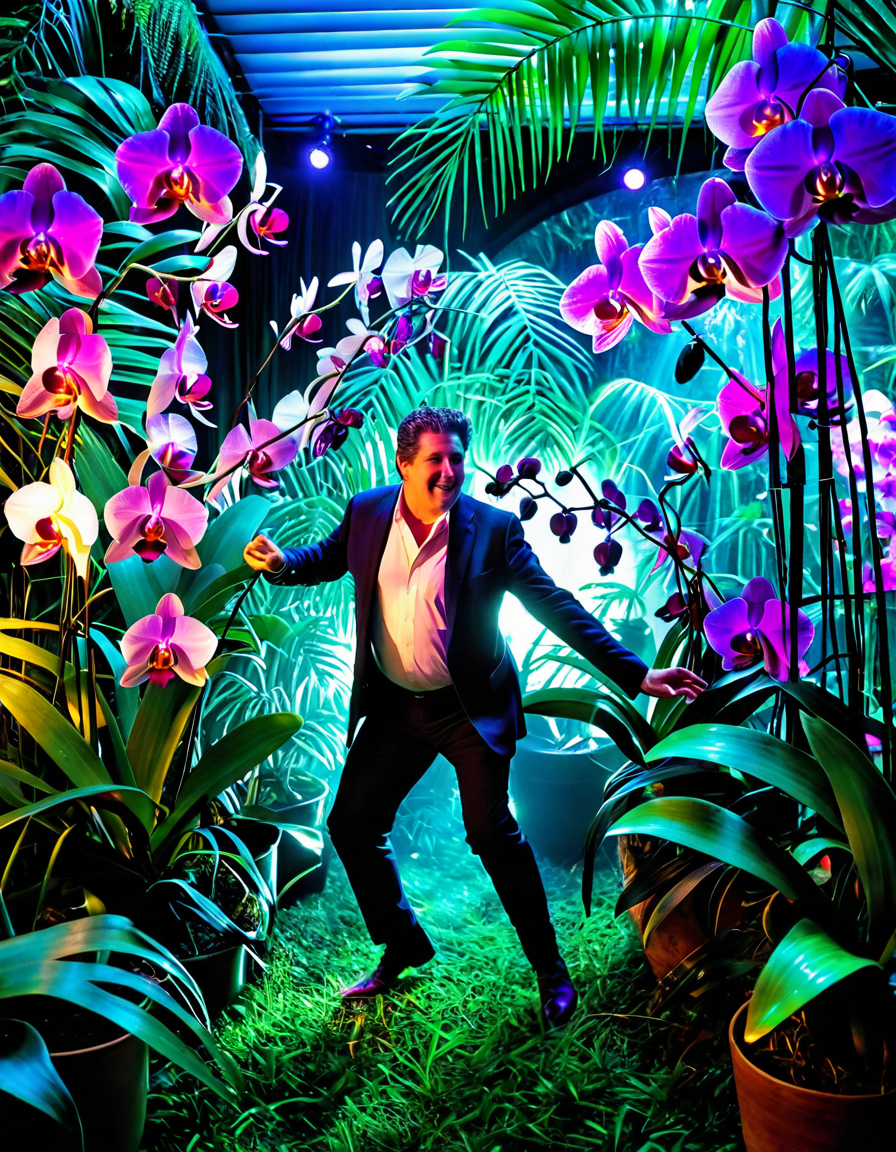In our ever-accelerating world, the phrase “paradise lost” reverberates through various facets of life, echoing a poignant sense of idealism lost to disillusionment. From John Milton’s epic poem reflecting humanity’s falls, we can see this concept transform into a mirror of our current realities—whether they be framed in technological disruptions, environmental crises, or the erosion of social trust. As we explore the journey from idealism to disillusionment, we’ll observe how different aspects of our society align with the narrative of paradise lost.
The Rise and Fall of Paradise Lost
“Paradise Lost” has morphed in its meaning over the years, encapsulating the dance between hope and despair. In Milton’s influential text, the fall from grace set the stage for centuries of discussions on human nature’s duality. This classic confrontation with fallibility speaks to our modern dilemmas, where each advancement—be it in technology or culture—often shadows a lurking disillusionment.
Consider, for instance, how our perception of technology has shifted dramatically. In its infancy, the digital era brimmed with hope. Personal computing promised empowerment, while social media sparked dreams of connection and community. Fast forward to today, and we find ourselves grappling with the dark realities that often accompany this tech-journey, illustrating how quickly ideals can turn into a version of paradise lost.
This exploration of our transition from innocence to a candid recognition of life’s challenges is essential for anyone wanting to glean insights into how our expectations shape our experiences. Though the struggle might dominate our narrative, the discussion sheds light on the resilience embedded in the human spirit.

Wheel of Fortune: 7 Examples of ‘Paradise Lost’
Unpacking the Societal Implications of ‘Paradise Lost’
The phenomenon of paradise lost isn’t just an individual experience; it reflects a pervasive societal ailment. Each disillusioning event resonates across generations, shaping a narrative that feels more precarious by the day. As concerns mount, individuals are seeking solace in community and kinship, demonstrating a collective urge to address feelings of helplessness; such responses form a thread connecting our shared experiences.
In this interconnected landscape, every fall from grace feeds into a larger story. Young people today wrestle with understanding their role in a world filled with uncertainty. The loss of trust, whether in technology or governance, intertwines with personal identities, compounding the issues faced by society at large.
Addressing paradise lost urges us to think critically about our interactions and the institutions we support. If we are aware of our shared struggles, perhaps we can turn the tide on disillusionment and steer ourselves towards renewed hope.

Innovative Ideas to Restore Hope
Despite the weighty feeling of despair, there’s still hope. Numerous innovative movements are emerging that aim to reclaim paradise lost. Initiatives like the Green New Deal represent the drive towards a sustainable future, demonstrating that collective action can indeed restore hope for our planet.
In tech, companies like Microsoft are embracing inclusive practices, ensuring that innovation benefits everyone rather than a select few. This new tech landscape holds promises of equitable growth, addressing the very concerns that have led to disillusionment.
Grassroots movements are also gaining momentum in education reform, pushing for better mental health support and more localized curricula. By fostering engagement and advocating for systemic change, communities can reclaim ownership of their futures, driving the narrative towards restoration.
Cultivating a New Paradigm After ‘Paradise Lost’
Looking ahead, we face the challenge of reconstructing our narrative after paradise lost. This involves embracing the nuances that come with human experiences while resisting the pull towards despair. Resilience is vital as we engage in community-driven solutions, advocating for reform across all sectors.
By recognizing the importance of accountability in both corporate practices and governance, individuals can reclaim their agency, no longer passive observers in a world that feels chaotic. Through creativity and collaboration, a tapestry woven from diverse threads can emerge stronger than ever.
In confronting incidents of paradise lost, there’s the potential to galvanize hope rather than surrendering to hopelessness. This journey toward reclamation can redefine our understanding of innocence and hope, leading us into a brighter future where authenticity shapes our interactions.
As the tales of paradise lost unfold, they remind us that even when the sun sets on our idealism, a new dawn is always on the horizon. While navigating our fortunes might feel labyrinthine, hope glimmers persistently, beckoning us forward.
Inspired by the insights of travel and life’s complex narratives, every step into a new experience can reveal layers of meaning, much like peeling back the pages of a great literary work. Whether in luxury escapes or simple adventures, every moment presents an opportunity to embrace a fresh chapter, leaving behind the shadows of paradise lost.
Paradise Lost: Fun Trivia and Interesting Facts
Myth and Reality Behind Paradise Lost
Did you know that “Paradise Lost,” John Milton’s epic poem, isn’t just a literary classic? It also holds a treasure trove of cultural references from literature to modern entertainment. For instance, themes from “Paradise Lost” can be seen echoed in the struggles of Othello, where intense personal conflicts lead to tragic outcomes. The exploration of good versus evil in this poem really sets the stage for other works that dwell on these heavy themes, including contemporary favorites like Ghost in The Shell, which dives deep into the nature of humanity.
The Legacy of Paradise Lost
This epic has a legacy that branches into various forms of media, including movies and even manga! Inspiration can strike anywhere, and who would’ve thought that the philosophical battles in “Paradise Lost” might resonate with fans of the “One Punch Man Manga”? Both explore the virtue and folly of characters in a world fraught with challenges. It’s fascinating how a poem written in the 17th century continues to influence entertainment today, proving that the essence of paradise lost can still capture the imagination even in modern narratives.
Modern Echoes of Paradise Lost
The tragic fall from grace portrayed in “Paradise Lost” has fueled countless adaptations and spin-offs. Take “The X-Files,” for example, which sublime intertwines ideas of hope and despair within its investigative narratives—you can almost hear echoes of Miltonic themes. Plus, cinematic classics like The Karate kid highlight the importance of striving for redemption and morality in the face of adversity. Interestingly, even the action-packed undertones of films like Mockingjay reflect a fight against oppressive forces, tying beautifully back to the core struggle depicted in Milton’s work.
Whether you’re exploring how age shapes our understanding of morality, pondering how old Tom Cruise is, or binge-watching the explosive Disney Hulu bundle, you’ll find traces of “Paradise Lost” in diverse spots of popular culture. The tragic fall of innocence and the yearning for hope resonates deeply wherever stories are told. After all, isn’t that what makes Paradise Lost timeless?






















